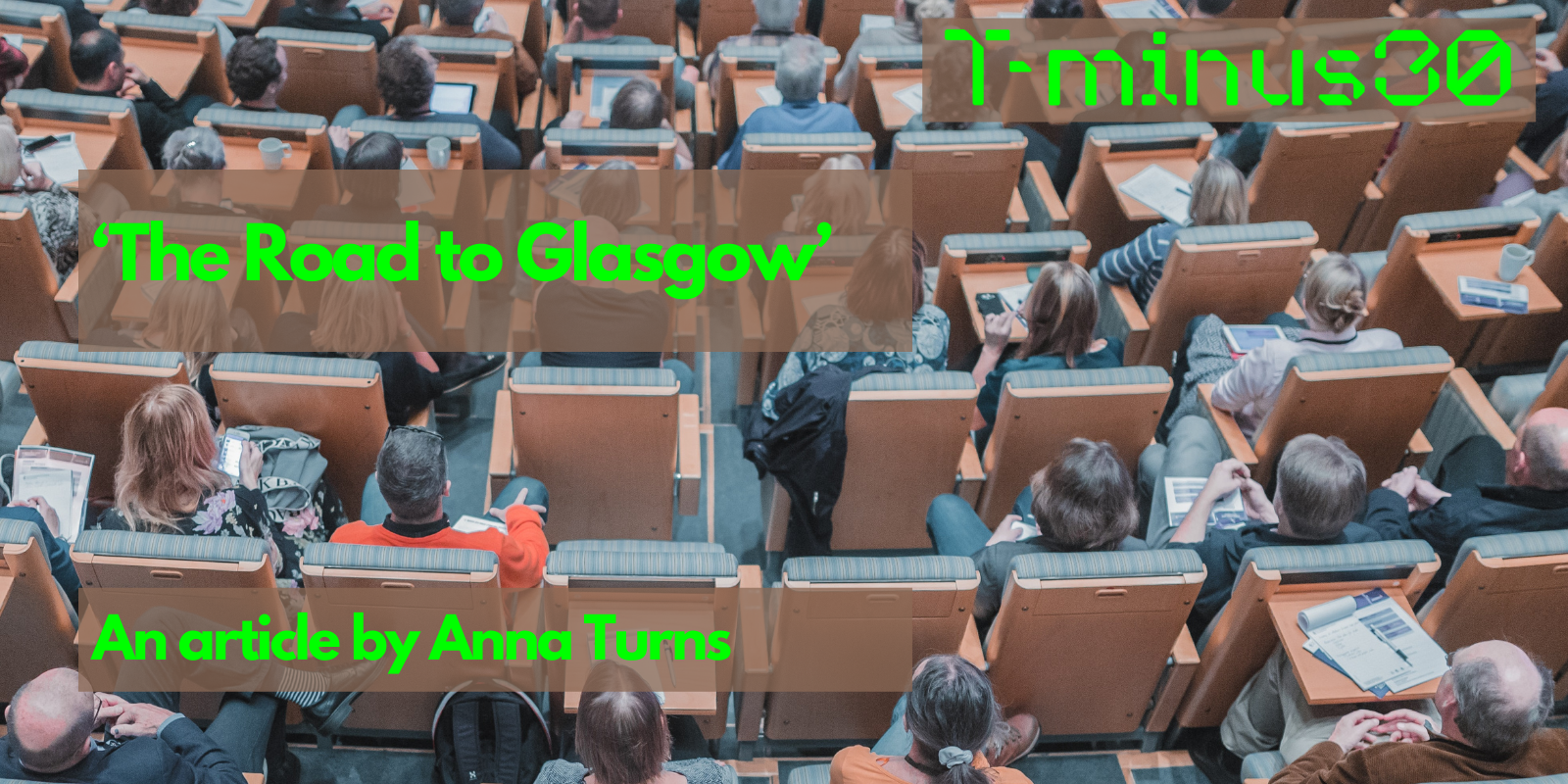It’s time to put your money where your mouth is

Anna Turns investigates why the finance sector urgently needs to change to help mitigate the climate crisis
In the five years since the Paris Agreement was adopted, the world’s 60 biggest banks have financed fossil fuel extraction with $3.8 trillion, according to this Rainforest Action Network’s report. So when I asked to see my high street bank’s investment policy a few years ago, I knew that, like most retail banks, they invested in fossils fuels, arms and tobacco. The incredibly cagey response I received triggered me to switch banks immediately and this really is one of the best things anyone can do to drive positive environmental change, whether you’re a self-employed citizen or a high-net-worth CEO. By moving to Triodos, a bank that only makes climate-friendly, ethical investments (yes, it was quick and hassle-free), I’ve ensured that my money won’t fuel dirty business.
In 2020, COP26 president Alok Sharma warned that “we need to unleash the finance which will make all of this possible and power the shift to a zero-carbon economy.” So finance needs an overhaul and must change at a systemic and institutional level but what will this look like?
‘Climate finance’ refers to the money used to reduce emissions and improve our resilience against the effects of the climate crisis. Putting future-proofing measures in place will be expensive. The United Nations Environment Programme predicts that an investment in nature of $8.1 trillion between now and 2050 will be needed to tackle disruption to climate, habitat and biodiversity. But not investing in mitigation and adaptation will be even more costly. In the longterm, investing in fossil fuels won’t be profitable and it makes more business sense to invest in sectors that are growing.
Climate crisis represents real financial risk to financial institutions and to the economy as a whole.
Banks are now being asked to consider climate-related risks and many banks, universities, organisations and trade unions in the UK have joined the Financing a Just Transition Alliance to translate growing commitments into real world impacts. At the G7 summit in June 2021, finance ministers called for the disclosure of climate-related financial risks to become mandatory for all companies, according to recommendations made by the Task Force on Climate-Related Financial Disclosures, an international private sector framework of recommendations. So many different frameworks exist for assessing climate risk (that’s anything from drought or sea level rise to changes in prices of raw materials or disruption within supply chains) and this must be streamlined.
The planet’s carbon budget is finite.
As limits get pushed, global heating is more likely to exceed the 1.5°C warming above pre-industrial levels that the Intergovernmental Panel on Climate Change (IPCC) so vehemently warns against. Solutions start with robust, legally-binding goals to reach net zero, the point where emissions of carbon dioxide and other greenhouse gases equal the amount removed from the atmosphere. Putting a price on carbon emissions in the form of carbon taxes will accelerate the move to low-carbon solutions and help create a more even playing field. We can only manage what gets measured but the data is complex.
Everything needs to be quantified.
Countries and companies need to be held accountable to ensure that ambitious net zero targets are met so transparency is key. But some parts of the world produce more emissions that others, some countries lag behind in the transition to renewables, some communities are already feeling the impacts of global heating more than others. It’s not an equitable landscape. Rich countries like Japan, US, Germany, UK and France do already assist low-to-middle-income countries such as India through the Green Climate Fund, the largest global fund dedicated to tackling climate issues, but this finance for climate action needs to be scaled up.
One of the world’s most influential bankers and the UN secretary-general’s special envoy for climate action and finance, Dr Mark Carney calls net zero “an imperative of climate physics”. In his recent Reith lecture about climate finance, he stated that “COP26 is all about bringing these [countries, companies and communities] together to manage our global ecosystem.”
Climate reporting and carbon accounting go way beyond CSR (corporate social responsibility) or ESG (environmental, social or governance) metrics. Carney explained that “every financial decision must take climate change into account.” So perhaps we need new metrics.
“We won’t get to net zero without innovation, investment and profit – continued growth isn’t a fairytale, it’s a necessity - but not just any growth. The power of the market must be directed to achieving what society wants,” said Carney. By moving quickly within the capitalist system that already exists, financial institutions and businesses can turn a crisis into an opportunity for green growth, for innovation and investment in nature-based solutions. Investors can use their power as a force for good by redirecting the flow of funds to support regenerative industries that don’t exhaust the earth of its resources. Government can speed up society’s adaptation by financially incentivising a move to renewable technologies and divestment away from fossil fuel industries. Environmental sustainability must be financially viable; only then can climate finance really be the catalyst for change that the planet’s banking on.
Find out whether your money is being used to fund climate chaos at bank.green
By Anna Turns


